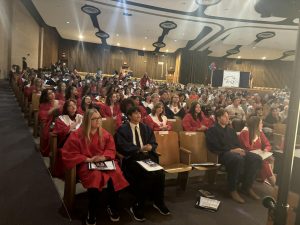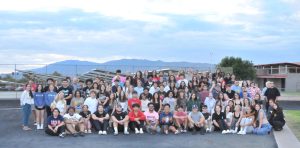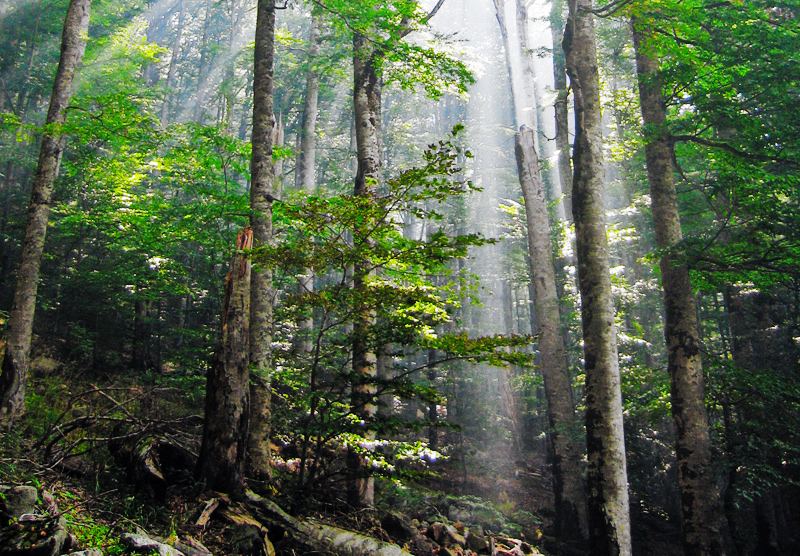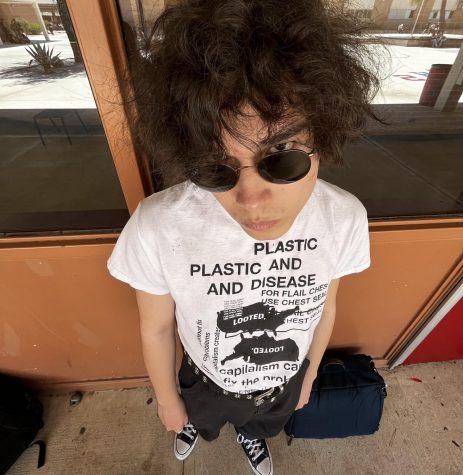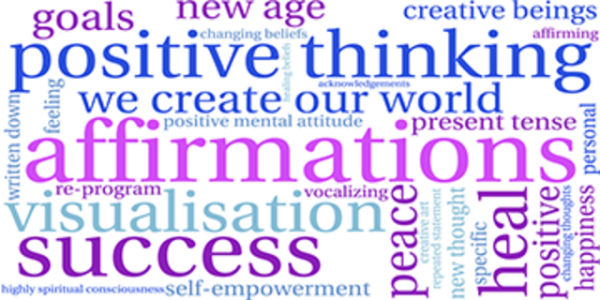Bye-bye Earth Day
May 1, 2023
“Environmentalism’s present paradox is that under the pretext of saving the planet from desolation, it merely saves the causes of its desolation.”
The Invisible Committee
So passes another Earth Day, another round of lip service paid to Mother Nature, respect paid to Gaia by the very companies and industries that churn out the toxic sludge that destroy it, and a round of boastful politicians claiming ‘everything will be fine’ (is there anything more human than dumb optimism?), and ever-worried researchers and scientists publishing articles and essays that won’t be read by anyone but their colleagues.
We like to fashion our liberal democracies on the basis of freedom of plurality, on how diverse we are, but as we sing songs of our difference, even the green turf of grass on the lawn of a middle-class suburban home is characteristic of the tyrannical monoculture we seek to institute not just on people, but the land as well. The most diverse ecosystems in the world happen to be tropical rainforests, the prime target of deforestation, where over half of the world’s species reside. Countries of the global north, rich countries, exploit those of the global south, the poor nations, and hold a lump sum of responsibility for deforestation in them. If, say, Brazil so much as considers harsh measures to curb the loss of ecosystems and biodiversity, then whoever’s responsible can expect a Coca-Cola death squad to come knocking on their door. If you want to avoid another Operation Condor, suck up to the United States before it slams you with sanctions and calls you another failed socialist country. One monoculture destroys diversity in the name of enlightenment values, the other in the name of profit, one cultural, the other ecological, both products of the current mode of production.
The truth is, that we humans don’t have much agency at all, we’re relics of a bygone era. The main protagonist now, the ‘driving force,’ of history (if history really exists anymore) would be Capital itself. Capital has domesticated humanity, turned us into a mere ritual of ourselves, made us passive. We don’t control it anymore. The Great Reset was the rebellion of billionaires who attempted to reassert their dominance over escaped Capital. We haven’t heard about it much at all anymore, other than from conspiracy theorists who are still caught up in 2020, because any attempted capture of Capital is product of delusion. Maoist guerillas in the Philippines are as lost as reactionaries calling for a return to the past, both of these revolutionary stereotypes have been made ineffective by Capital, thoroughly subsumed into its inner processes. Everything you do is mediated by Capital constituting itself a human community. Nothing escapes it, there no longer exists an ‘outside’ of Capital, it has interiorized those who once held dominion over it, if only briefly. Capital restructures our very thoughts and critical faculties in its service. Our desire for community that arises from Capital’s alienation is reprogrammed to its own benefit, involving people evermore in its functions as they chase an illusory Gemeinwesen. In the words of Camatte, theorist of the despotism of Capital and domestication of humanity, “man becomes a sensual and passive voyeur, capital a sensual and supra sensual being”. And in the words of the Situationist, “MY THOUGHTS HAVE BEEN REPLACED BY MOVING IMAGES…” All of our environmental concerns are a product of Capital’s escape, from overpopulation to exhausted resources, the entire superstructure, which we can no longer control, reinforces our ecological crisis! How can we hope to solve it without kicking in the foundation?
At present there are three possible courses for the capitalist mode of production (in addition to the destruction of humanity – a hypothesis that cannot be ignored):
- complete autonomy of capital: a mechanistic utopia where human beings become simple accessories of an automated system, though still retaining an executive role;
- mutation of the human being, or rather a change of the species: production of a perfectly programmable being which has lost all the characteristics of the species Homo sapiens. This would not require an automatized system, since this perfect human being would be made to do whatever is required;
- generalized lunacy: in the place of human beings, and on the basis of their present limitations, capital realizes everything they desire (normal or abnormal), but human beings cannot find themselves and enjoyment continually lies in the future. The human being is carried off in the run-away of capital, and keeps it going.
The result is ultimately the same: the evolution of the human being is frozen, sooner in one case than in another. These possibilities are abstract limits; in reality they tend to unfold simultaneously and in a contradictory manner. To continue on its indefinite course, capital is forced to call on the activity of human beings, to exalt their creativity. And to secure its permanence, capital has to act quickly. It runs into barriers of time and space which are linked to the decrease of natural resources (which cannot all be replaced by synthetic substitutes) and the mad increase of human population (which causes the disappearance of numerous forms of life).
Jacques Camatte
As of now, I seriously doubt Camatte’s revolutionary prescriptions, his fears have largely been confirmed, and his most insightful interpreters and successors emerged from the accelerationists largely associated with the Cybernetic Culture Research Unit. The tide of climate change will overwhelm us, bring about the dissolution of existing social structures, and, if we are very lucky, open new horizons for resistance. There is no turning back time, only adapting and taking advantage of the simmering future, filled with barren wastes, a crisis of climate refugees, and ever-increasing statist control. Shallow ecologists will profess the need for human custodianship over the environment, but as the progenitors of the artificial intelligence that now controls us, the architects of our own demise, perhaps we aren’t capable of guardianship at all. Certainly, we should not even begin to frame things as us above them, human above nature. Camatte’s fatal flaw is his humanism. I see a future bereft of humanity. Whether that future is still dominated by Capital or one returned to whatever remains of wilderness, allowed to slowly reclaim the globe, is uncertain to me.

